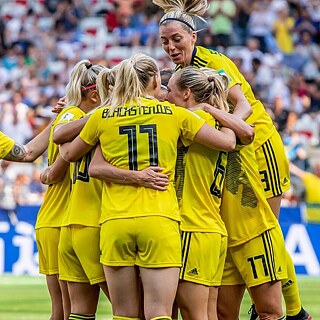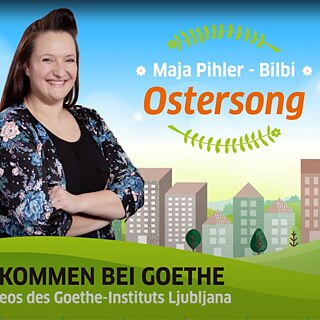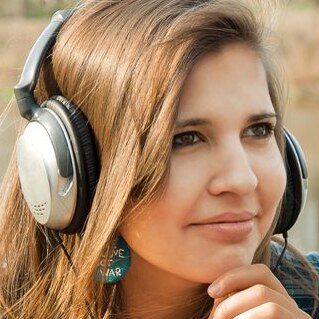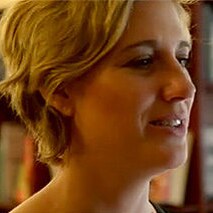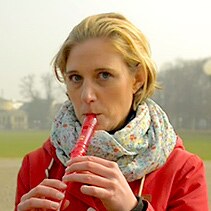This dossier provides you with background information and teaching materials for German lessons:
Background information
Who are the stars of the UEFA EURO 2022?
For our dossier, we have put together a selection of ten players from ten countries. Ten faces and names to remember.
Women's soccer: The beginnings
It began with unrest and violence. The first recorded women's games played in Great Britain (in Scotland in 1881) were overshadowed by the behaviour of spectators. People regularly ran onto the field and forced the women players to leave. These early disturbances caused the sport to be quickly banned in Scotland, forcing pioneering women such as Helen Matthews (who hid behind the pseudonym Mrs. Graham) and Nettie Honeyball to move to the area south of the border to play.
Women's soccer: the rise
Although there were still bans on women's soccer in the early 1970s, the sport began to awaken from its enacted slumber; the first unofficial World Cup (sponsored by Martini) in 1970 was just the tip of the iceberg. When the tournament returned in 1971, it had moved from Italy to Mexico and the final - a 3-0 win by Denmark over the hosts - was played in front of a crowd of around 112,500 at the Estadio Azteca.
Values in women's soccer
When people talk about values in women's soccer, they often talk about players like Megan Rapinoe. She is a soccer player from the USA. For many, she is a symbol of progress in soccer. For example, she fights for equal pay for men and women. But also because she is an open lesbian; her partner is a woman. Megan Rapinoe stands up for the rights of lesbians, bisexuals, trans people and other discriminated groups. And she stands up against racism. When football player Colin Kaepernick knelt against racism, she was one of the first female athletes to kneel as well. Because of such players, many believe that women's soccer is more progressive than men's soccer. It conveys different ideals. It has better values. But is this true?
Teaching materials
Unit 1
THE BEST FEMALE SOCCER PLAYERS IN THE WORLD INTRODUCE THEMSELVES
Learning Objectives: Students
- can ask for personal information and answer questions.
- know the names of various colors, countries and cities.
- can search for information on the Internet and create profiles.
- know how to pronounce years.
Unit 2
THE FUTURE OF FOOTBALL IS FEMALE
Learning Objectives: Students
- will learn about the values in women's soccer.
- Can work cooperatively on a text, extract important information from it and process it.
- Can formulate and present their own ideas/proposals.
Unit 3
FROM THE LIFE OF SOPHIA
Learning Objectives: Students
- can extract personal information from an interview and reproduce it.
- know what a typical day of an athlete looks like.
- can compare the presented daily routine with their own.
Unit 4
YOUNG GERMAN FEMALE SOCCER PLAYERS INTRODUCE THEMSELVES
Learning Objectives: Students
- can ask and answer questions about themselves.
- know what different hobbies and preferences are called in German.
- can briefly describe a day with the selected female soccer player.

